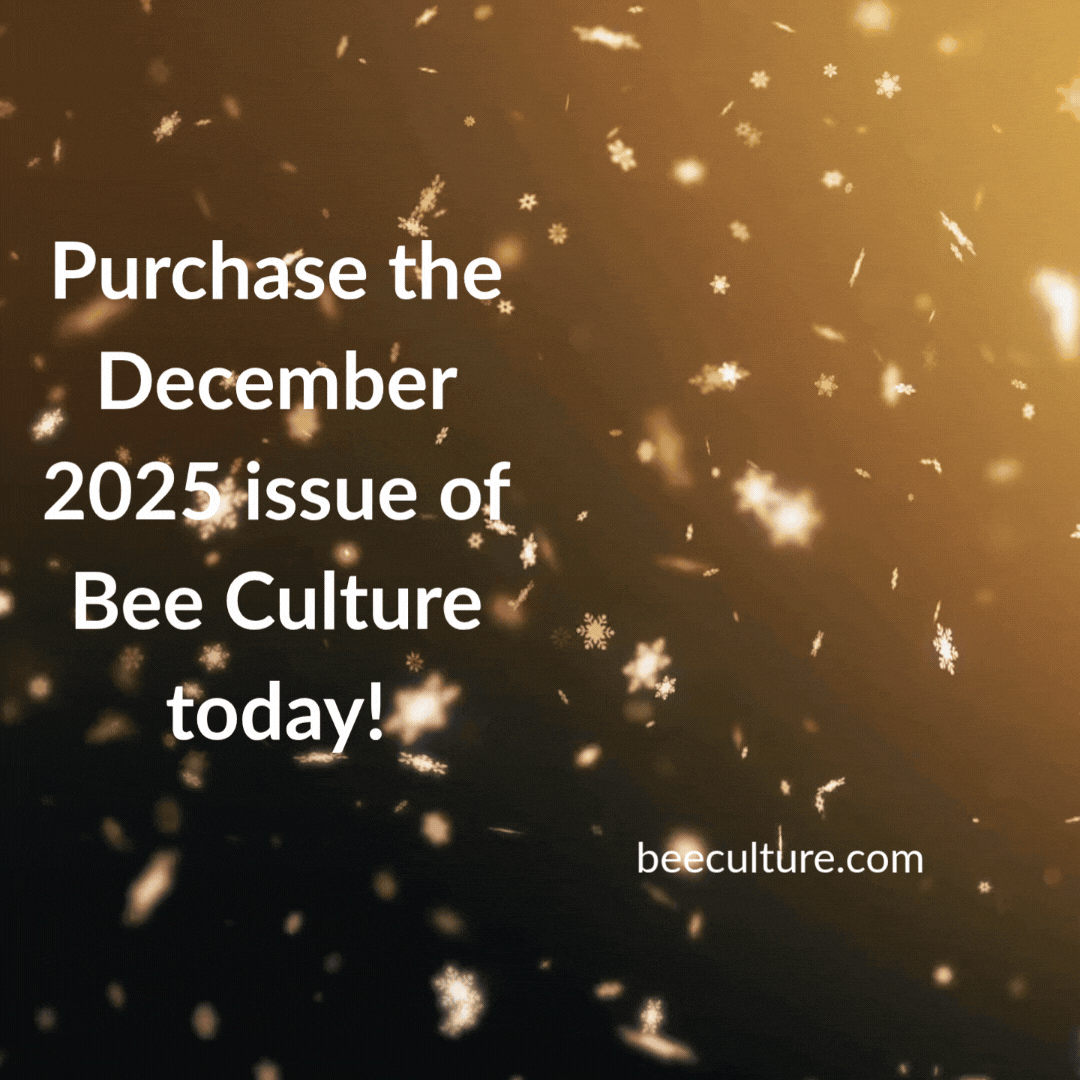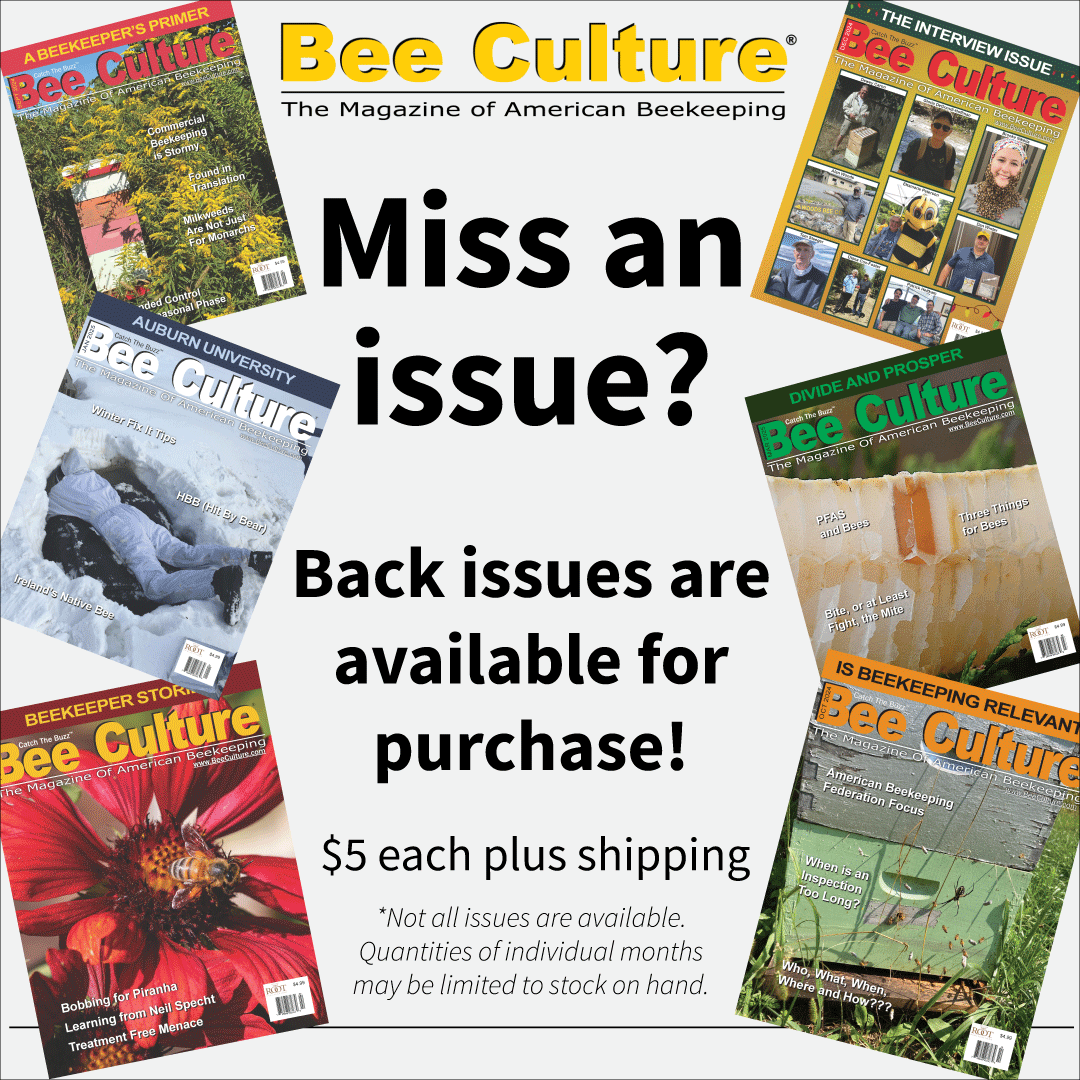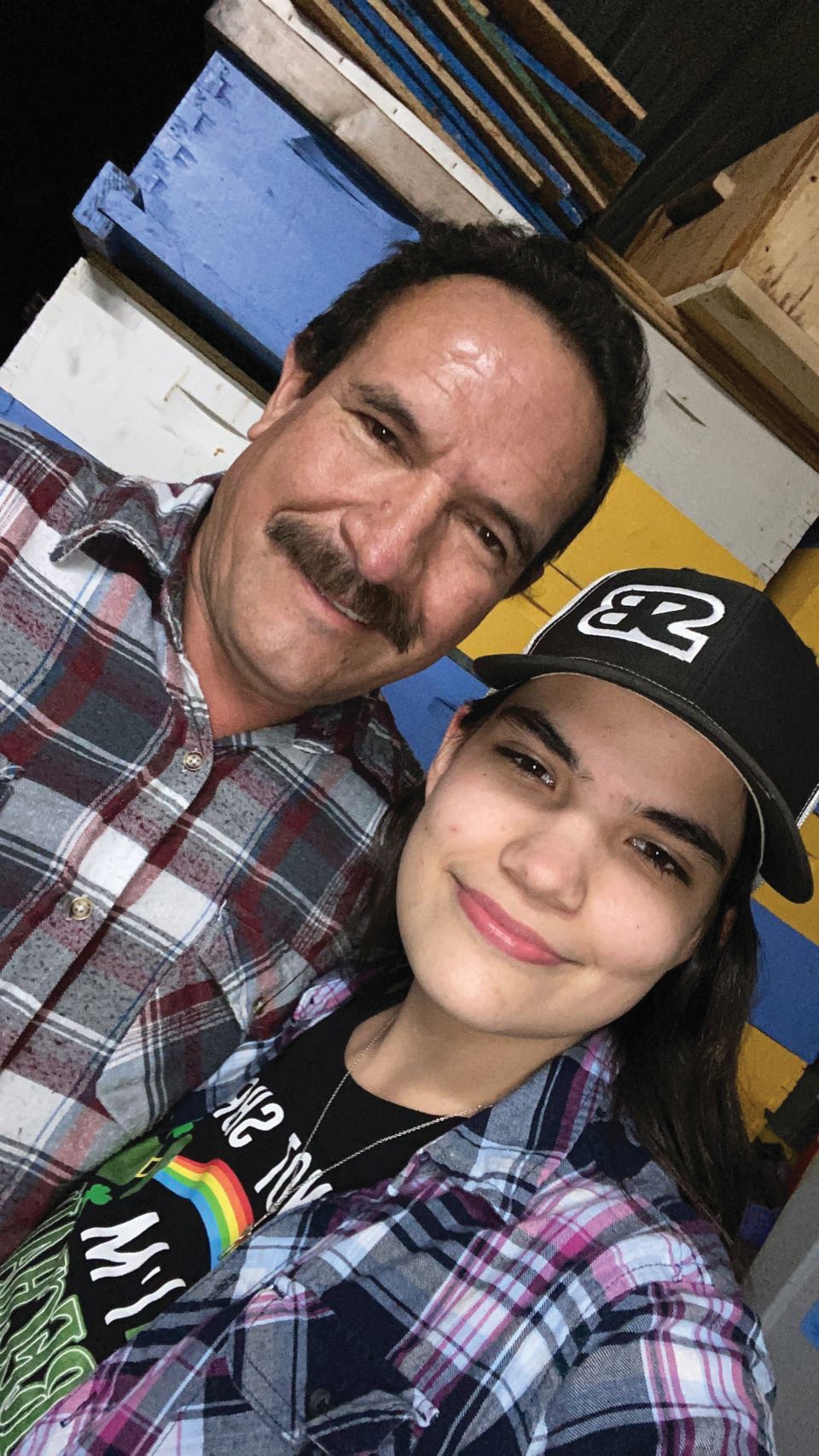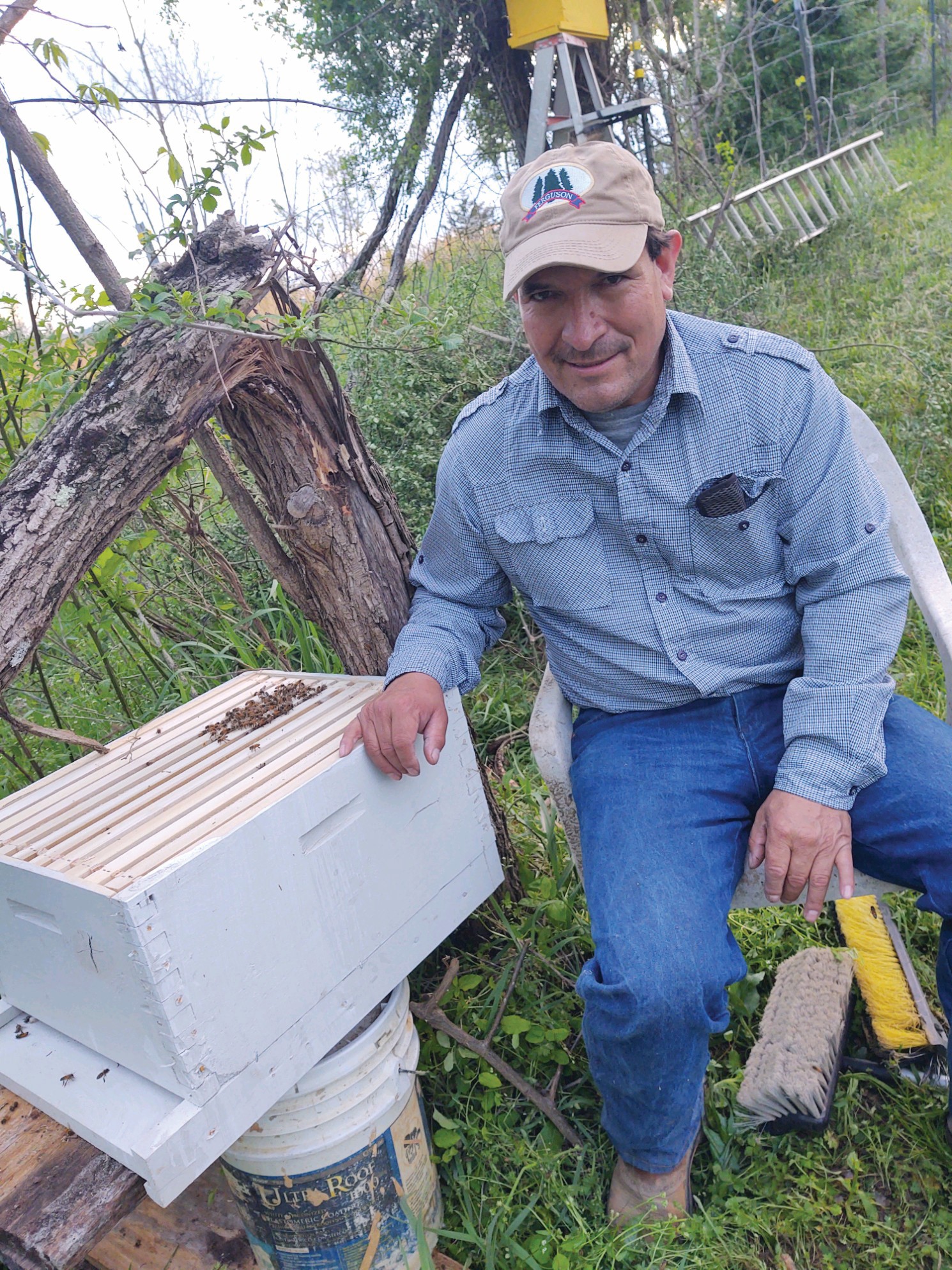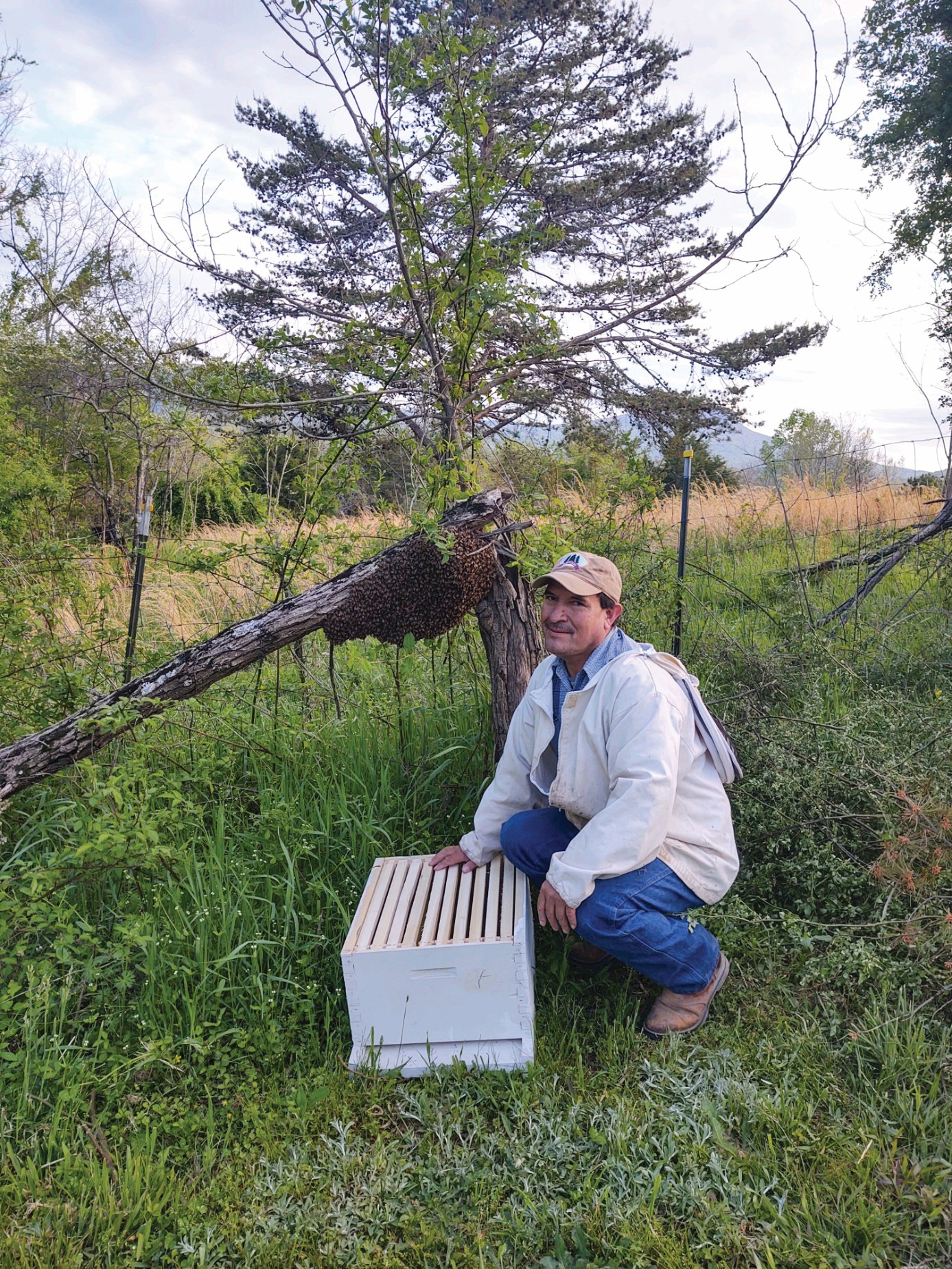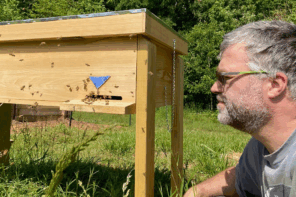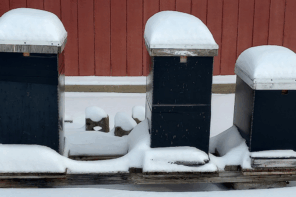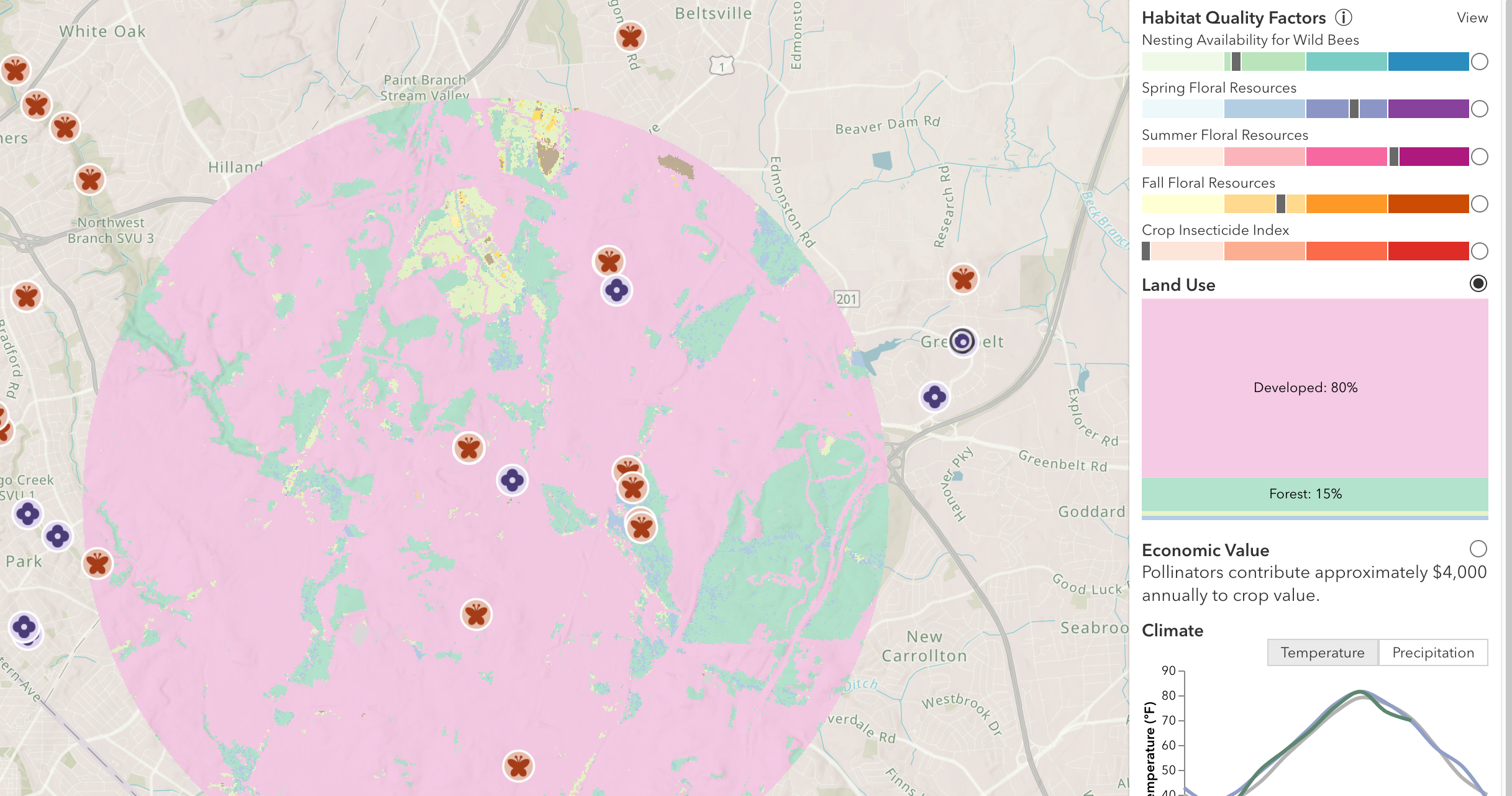An Interview with Benjamin Vasquez
Jessica Lawrence
For the interview edition, I wanted to put a highlight on beginner beekeepers. They face obstacles now that make it even harder than it was before for the rest of us, and not just pests and diseases. With the pandemic wreaking havoc, it’s now harder than ever to find mentors or help for advice or in-person problem solving. Benjamin Vazquez is a beekeeper I met when I gave a presentation about pesticide research to the Stokes County Beekeepers. It turns out my son coached his daughter in soccer and we had some things in common. He is the perfect example of the challenges facing the beekeeping hobbyists and hopefully will give you something to think about.
Q. Tell me about your history, where you came from, how long you’ve lived here, family, all that.
A. My name is Benjamin Vazquez, I was living in the state of Texas before I came to North Carolina in 1987. I met my wife, Carolyn Vazquez in Allegheny County, North Carolina. We got married and had four kids, two boys and two girls. I found a job in the lumber business working for a sawmill since 1990. We produce about 220,000 board feet in 8 hours. That’s how I make a living. I played soccer for an adult league for a long time, until I started coaching an adult team. After I got tired of coaching adults, I decided to coach in the youth league working with kids, and that was a whole lot more fun than coaching adults. I coached kids for 10 years. Then I met a referee that was refereeing my game and he thought I would be a good referee the way I talked to the kids so he asked me to take the class to become a referee and even offered to pay for my class if I wanted to take it. His name was John Nelson. So I took the class, passed the test with a 98% score, and I refereed for 13 years. I worked my way up to become a higher grade besides middle school. One of my best games that I referee was a team from Canada vs a team from Georgia. I have very good memories, but I quit because my knee gave up on me. So, my new hobby became raising meat goats. I found a lot of help on how to raise meat goats. I met somebody who came to my house several times to teach me how to raise goats – how to give them their vaccine shots, and what kind of medication to get for different symptoms. It seems like there was a lot of help out there that every time I talked to somebody that had goats they were willing to help me, vs raising bees; it is very hard to find somebody that will take their time to teach you about bees.
Q. How long have you been beekeeping? What made you start keeping bees? How many hives do you have?
A. In Spring of 2020, I saw an ad on a marketplace where somebody was selling bees and I decided to get into beekeeping in memory of my grandpa. When I was about five years old, I remember that my grandpa would collect honey from his bees, so I was too young to know anything about bees. And now I’m 52 and didn’t know anything about bees when I bought nine hives, and going on a year and a half and I still haven’t found much of a help on how to raise bees.
Q. Has it been hard for you to find beekeepers with more experience to mentor you or to answer questions?
A. It has been very hard to find somebody that will teach me how to raise bees. When I find somebody that has bees, I try to get as much information as I can and 50% of people will tell you that if you need help to let them know and they can come and help me when I tell them the issue that I’m having and I don’t know what to do they just say that they don’t understand why I’m having those problem. Nobody will offer to come to my house and take a look at my bees or tell me what I’m doing wrong and I am too shy to come out and say “will you please come and help me.”
Q. How often do you go to the local beekeeper meetings? Regularly, or semi-regularly? Do you think they’re useful for newer beekeepers? Who do you think gets the most out of the meetings? What kind of information would be the most useful to you to see?
A. So I decided to go to a local beekeepers meeting once a month but I still haven’t found much information because in those meeting it’s mostly older beekeepers, somebody that have been doing it for years and to me it’s more like a get together for the older beekeepers then teaching the brand new beekeepers on how to raise bees. When they talk about a treatment, they move on so quickly on when they use them, what kind to use because they understand each other, they been doing it so long that they know what those treatments are but for new beekeepers everything is new to us, we don’t know any of the medication that they use and we don’t know what they are talking about. They don’t hand out any literature for us to read. I basically have been on my own. Until I met somebody with a good heart.
Q. What has been your best source of reliable information? Has anything or anyone given you bad advice? What was it?
A. On 10/13/21 I met Mr. Frazier, somebody that has been in beekeeping before I was even born and like I said I’m 52 years old, and he had bees way before I was born. So I have learned a whole lot from this man. After talking to him about my bees, he asked me a whole lot of questions, questions that I didn’t not know why he was asking those kind of questions, like how many supers do I keep on my hives, how do I prepare my bees for winter, when he got done asking all of the questions without me saying I had a problem he knew I did so he threw me a whole lot of ideas. I have never talked to this guy before but he knew I had a problem after talking to me. I lost eight hives because of robbing, after I told him this he said “what are you doing this Saturday” I said “I don’t know whatever comes along” so he said “can I come this Saturday October 16th to look at your bees and bring some of my equipment to see what we can do with your bees and prepare them for winter” I felt like giving him a hug because finally I found somebody that cares about new beekeepers. But I couldn’t because of this covid. Before he came and helped me with my bees, my bees were robbing a different hive every day. He came and showed me what to do, how to treat bees, when to treat them, and what kind of medication to use for different treatments. He finally gave me some literature to read on what to get for my bees. He spent all day long from 10am to 4pm working with my bees! And he found out I also had two queenless hives and he showed me what to do with the queenless hives. He came back the next day after church, and spent the whole evening working with my bees and teaching me how to take care of them and promised to come back every so often. So now after learning a whole lot from him I decided to buy 14 more hives. I’m so excited I already put a down payment on these bees until I come and pick them up. Mr. Frazier stays in touch with me every two days. I hope that next year I can extend my apiary and be able to keep my new swarms and not get robbed. my source of information was the internet until I met Mr. Frazier.
Q. Do you think beekeeping is expensive for people to start? Have you been able to make any money with your beekeeping skills or do you plan to?
A. Beekeeping can be expensive if you don’t have the right education on how to be successful on beekeeping, my advice is to start with one hive to start practicing. Second, find you a mentor as soon as possible when you think you found the right person ask that person if he/she would come and help you with your bees. A year later you can start making a little bit of money with your bees, instead of losing money like I did.
Q. Do you treat your bees for mites? Do you know your mite loads?
A. Yes, I do treat my bees for mites and yes I do now, know my mites loads.
Q. Does your family help you in bees? How do they like beekeeping?
A. My daughter Silvia helps me with my bees and she loves it, she’s always ready to go when it comes to working with bees.
Q. What parts of beekeeping do you think you need the most help with?
A. The part that I need help with is other places to put my bees besides my house.
Q. What do you hope to get out of beekeeping?
A. I hope to increase the honey bee population to help with pollination, and to make money instead of losing money.



